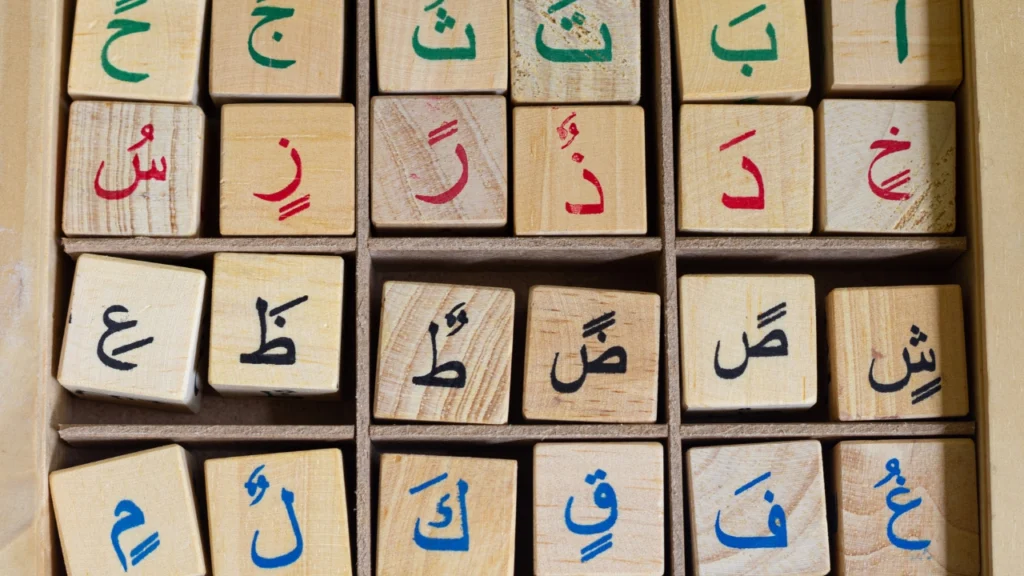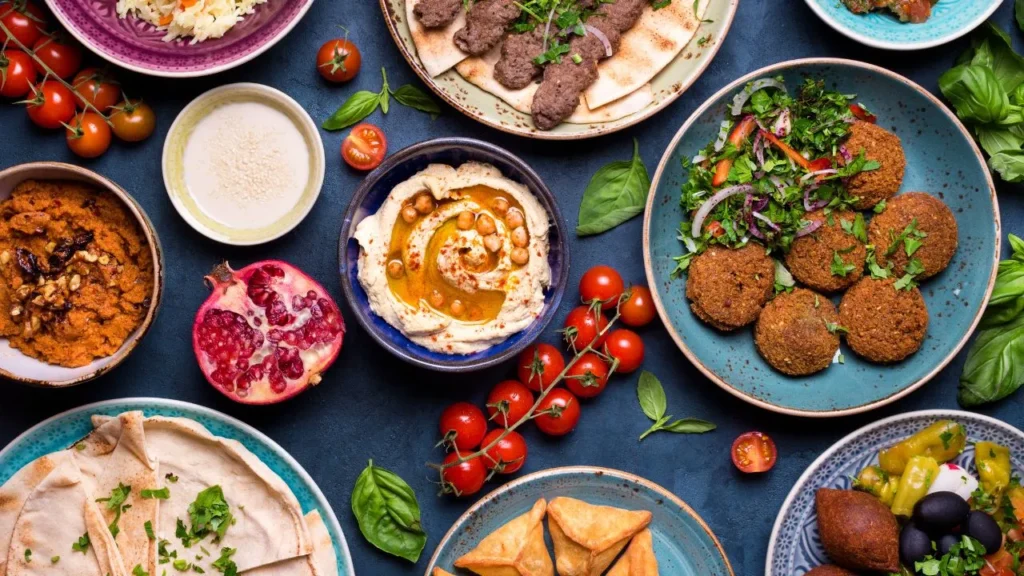Based on my deep experience and understanding of the Arabic language and its many dialects, as well as the common challenges and mistakes made by learners, I have created this roadmap to guide you on your journey.
Step 1: Build a Solid Foundation with Reading and Writing

First and foremost, you must learn the Arabic alphabet. Master the sounds of the letters, then move on to writing and reading words. This foundational skill will allow you to read things like street signs or restaurant menus. Even if your ultimate goal is only to speak colloquial Arabic, learning to read and write is the crucial base upon which your language skills must be built.
You can learn the Arabic alphabet and the rules of reading and writing for free through a series of videos, available here. Alternatively, you can use the Arabic Reading and Writing Book, which comes with a workbook and high-quality audio files, available here.
Step 2: Choose Your Path
Once you have mastered the basics of reading and writing, you can choose one of two paths based on your goals.
Path A: The Spoken-Only Journey

If you are only interested in learning spoken dialects, you can begin by choosing a specific dialect to focus on. Start immersing yourself in it by watching TV series and movies and listening to songs (you can visit our Instagram page, which contains hundreds of clips from Arabic songs in both MSA and colloquial dialects, all explained in detail). This will help your ear get used to the sounds of the dialect, and you can then begin practicing conversations with native speakers.
To make learning dialects easier, I have designed the Colloquial Arabic Book, which presents three of the most popular and widely used dialects in the Arab world. For those who want to learn spoken Arabic without committing to a specific regional dialect, my new book will be available soon. You will find it in our Books library here.
Path B: The Comprehensive Journey

For those who want a complete Arabic experience—from Modern Standard Arabic (MSA) to colloquial dialects—your roadmap will be more detailed:
- Learn Common Greetings: Start by mastering the most common greetings and phrases used in Arabic. You can check out the Arabic Greetings Book here, which includes more than 200 of the most common and widely used greetings and expressions.
- Learn Everyday Vocabulary: Start by learning common greetings and essential vocabulary. Pick a specific topic each day and learn new words. To make memorization easier, check out the Mastering Arabic Vocabulary Book, which is supported by high-quality audio files.
- Study Fundamental Grammar: Simultaneously, begin learning the fundamental rules of MSA. Arabic grammar can be complex, even for native speakers, which is why I designed the Mastering Arabic Grammar Book. It contains all the rules explained in a simple, clear manner, along with audio files and a workbook to ensure you fully grasp the concepts.
- Expand Your Language Skills: To further build your vocabulary, you can learn about common Arabic adjectives (you can find the book here) and Arabic verbs (get the book here).
- From MSA to Colloquial: After mastering the basic grammar, you will be able to understand MSA and express yourself by forming simple sentences. This will also allow you to read the Quran and understand many of its meanings. From there, you can begin learning Arabic dialects by using the rules and methods discussed in my new book, which will be available soon. You will find it in our Books library here.
Key Principles for Your Success
All the stages mentioned above (after learning to read and write) can run in parallel, depending on your needs and interests. The most important thing is to practice the language regularly and immerse yourself in it.

As part of your language journey, engaging with Arab culture and customs is invaluable. One of the most prominent of these is the food culture and its famous dishes. By exploring them, you will feel closer to Arabs and it will be easier to immerse yourself in the culture and acquire the language. For this purpose, I authored the Discovering Arab Cuisine Book which you can get here. You can also surround yourself with Arab friends, or by consistently listening to Arabic podcasts and watching TV shows with subtitles. This will help you get used to the language and make it easier to understand and speak.
Finally, for Arabic students enrolled in a university or institute, my books do not conflict with any existing curriculum. They are designed to serve as an additional reference, providing comprehensive and detailed information that will save you time and effort and help you excel in your studies.
I wish you a successful and joyful journey in learning Arabic. Remember, we are always here to help. If you have any questions or need clarification, don’t hesitate to reach out via the WhatsApp link at the bottom of the screen, the contact form, or direct messages on Instagram.



